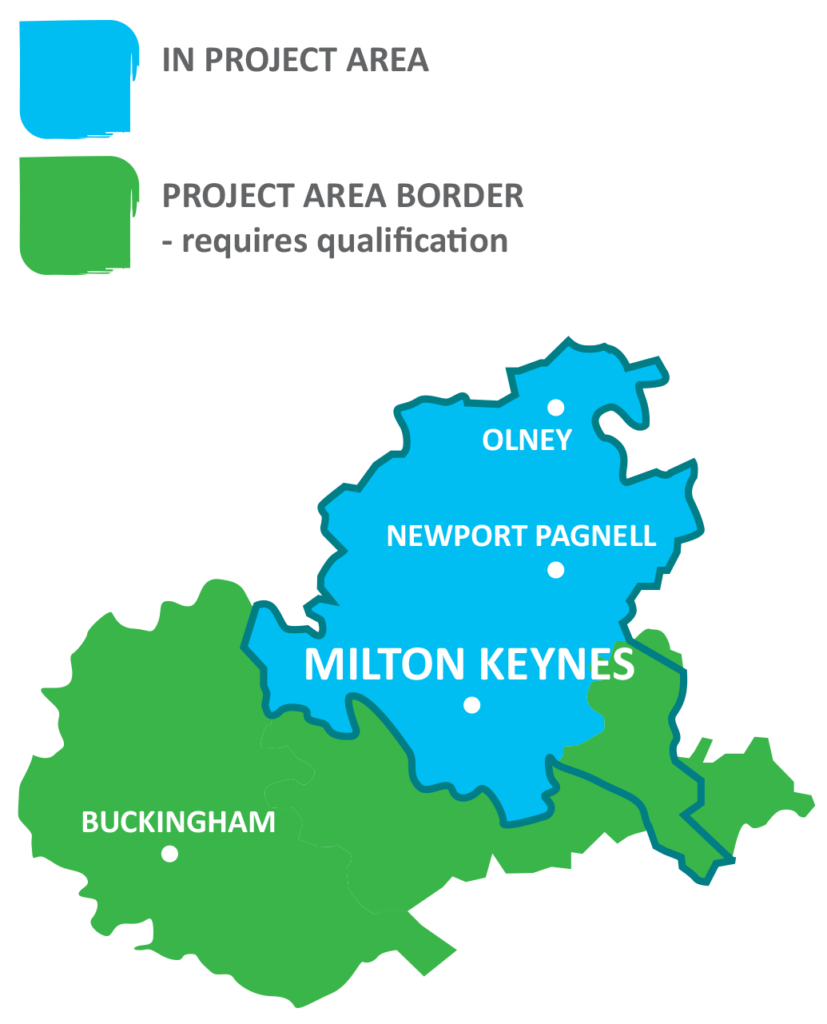Milton Keynes Council
2020 - 2022
Domestic Energy Load Balancing EV Charging Project
Smart charging, vehicle to grid charging and home battery storage
Electric vehicle drivers in Milton Keynes have now finished participating in a trial of domestic smart chargers, vehicle to grid (V2G) chargers and home battery storage, with the option to keep the equipment at the end of the project.
The project is investigating ways to balance the peaks of electricity use associated with charging electric vehicles at home. CrowdCharge is delivering the trial on behalf of Milton Keynes Council, with Flexitricity as the energy demand response partner.
Milton Keynes EV drivers were invited to take part in an EV charging trial
Electric vehicle drivers in Milton Keynes have now finished participating in a 1-year trial of domestic smart chargers, vehicle to grid (V2G) chargers and home battery storage.
Thank you to everyone who took part and applied to the Domestic Energy Load Balancing EV charging project. The project is investigating ways to balance the peaks of electricity use associated with charging electric vehicles at home. Data analysis is now underway. Stay tuned to read the full project report coming soon.
The Milton Keynes Council Domestic Energy Balancing EV charging project is investigating ways to balance the peaks of electricity use associated with charging electric vehicles (EVs) at home.
Three technologies were looking to be trialled utilising CrowdCharge’s demand management platform: smart (V1G) charging, vehicle to grid (V2G) charging and stationary home battery storage. CrowdCharge allocated the different hardware into 12 participants homes.
The ultimate aim is for the use and management of these technologies to be available for EV owners to save money and reduce demand on electricity networks through balancing the load on the grid. An assessment of the technologies, and how they can work together effectively, will be published shortly now the project has concluded.
Project Eligibility
To be eligible to join the trial, as well as living within the project area above, applicants needed to to meet the following criteria:
- For 8 participants: Own or lease a pure battery EV (no make or model specified) for the duration of the trial, and were willing to have a smart (V1G) charger installed.
- 1 out of the 8 V1G households were asked if they would also be willing to have a stationary battery storage device installed.
- For 4 participants: Own or lease a Nissan LEAF or Nissan e-NV200 van with a battery of 30kWh or more, for the duration of the trial, and were willing to have a V2G charger installed.
- 1 out of the 4 V2G households were asked if they would also be willing to have a stationary battery storage device installed.
Whilst not essential for participation, CrowdCharge also welcomed applications from households that had Solar PV panels installed.
Private off-street parking was required for all 12 participants so the chargers could be installed.
This project was open to residents of domestic properties only – commercial properties were not eligible.
Project Benefits
Benefits for participants
- Participants were able to play a part in the future of energy balancing by trialling one or more of the following EV charging technologies:
- Smart (V1G) charger or vehicle to grid (V2G) charger. CrowdCharge will assign the chargers as these are dependent upon your EV make & model.
- Two of these homes were also planned to be selected to trial a stationary home battery storage device.
- Participants received an incentive per month during the one-year trial, assuming minimum participation parameters were met, such as charging their EV a minimum of 10 times per month for a full charge cycle.
- Participants were offered the option to keep their installed project hardware at the end of the trial for an agreed ownership transfer fee.
Benefits for the industry
- The learning from this project will assist Distribution Network Operators (DNOs) and the wider electricity industry to manage the peaks in electricity demand caused by the charging of increasing numbers of EVs and understand how new technologies may impact the system.
Project Partners
The Milton Keynes Domestic Energy Balancing Project is a Milton Keynes Council (MKC) and Milton Keynes Go Ultra Low Programme Innovation funded project. The Milton Keynes Go Ultra Low project is supported by the Office for Low Emission Vehicles as part of a £9 million investment into the growth of electric vehicles.




